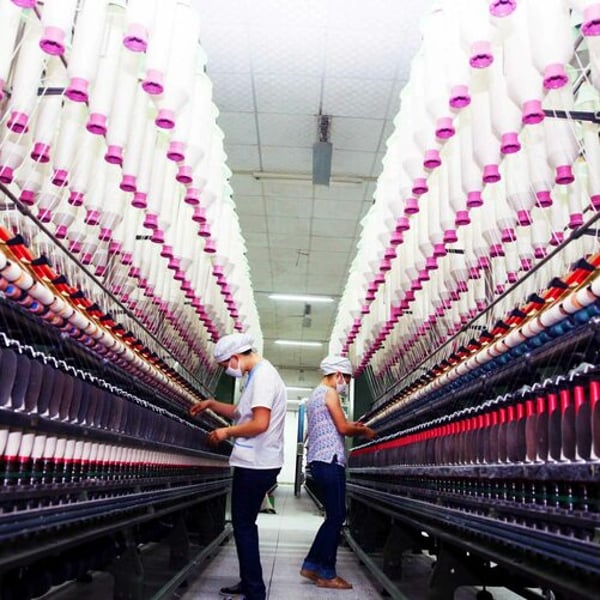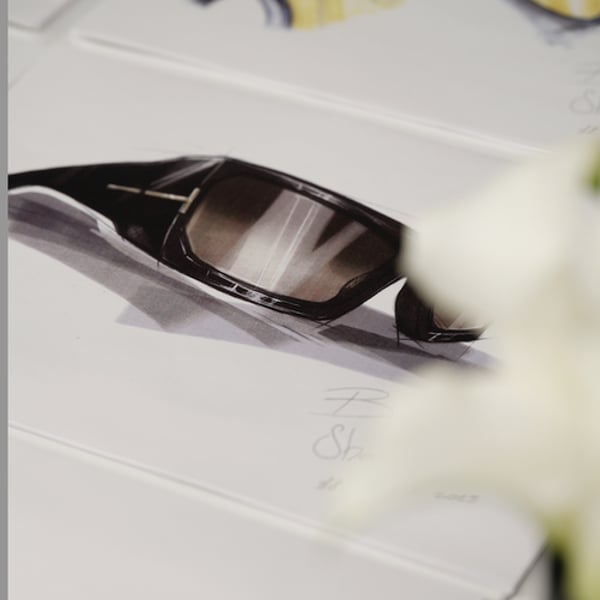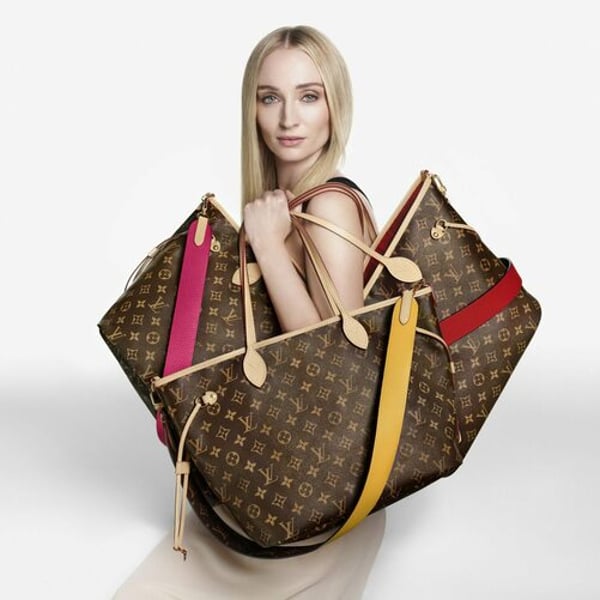Published
October 13, 2025
Portuguese textile exports are withstanding the impact of the tariffs imposed by the United States, demonstrating the ability to remain focused on the most important markets and that they are “falling only marginally”, Ricardo Silva, CEO of Tintex Textiles and the new president of the Textile and Clothing Association of Portugal (ATP), told Jornal Económico.
He also confirmed that exports are down by less than 1%, showing that production in Portugal is maintaining its market positions, and delivering “a performance well above what is happening among competitors”, noted the new leader of the ATP, who was elected in the middle of last month for the 2025-2027 three-year term, succeeding Mário Jorge Machado of Adalberto Textile Solutions.

Based on the table provided by ATP, which has not yet been updated with the August figures, cumulative Portuguese exports between January and June fell, compared with the same period in 2024, by just 0.1%, from 3.362 billion euros to 3.357 billion—a reduction of 4.2 million euros. For the same period, clothing recorded the steepest decline, down around 1.5%.
By contrast, textile imports totalled 3.14 billion euros between January and June, about 6% more than the 2.95 billion recorded in the first six months of last year. Clothing is also the biggest contributor, with an increase of around 10%.
The North American market, a recent focus for Portuguese textiles, accounts for no more than 13% of exports, with the direct impact of tariffs being far lower than in other sectors, such as wine. However, the US consumer market offers added value, notably serving as a hub for neighbouring markets such as Canada and Mexico, the newspaper also notes, based on data provided by ATP.
According to Ricardo Silva, “Exports are in line with last year”, which runs counter to the industry’s worst expectations, particularly given that negotiations between the European Union (EU) and the US were not favourable to the sector, as the previous president of ATP, Mário Jorge Machado, who chairs the European confederation of textile industries Euratex, had already noted.
Mário Jorge Machado was recently in Paris, in the middle of last month, to take part in an exceptional meeting of European federations, aimed at confronting the ultra-fast fashion players, Shein and Temu, but also the effects of the US tariff war, which is prompting Asian production to be redirected to Europe. As he told FashionNetwork.com in an interview, European manufacturers continue to invest in improving production processes, such as “decarbonisation, innovation, sustainability, reducing water consumption and control/regulation of chemical substances”, and, faced with very low-priced non-European products (mainly from countries such as China, Laos or Vietnam), “the textile companies that play by the rules are the ones that disappear from the market.”
“We still believe in treaties, trade, free trade and fair trade. But we can’t play this game alone: if everyone else plays their cards under the table and only the Europeans play with their cards on the table, we will lose. So we can’t be naive. We have to defend our values and our industry.”
In this context, Euratex has already demanded from the EC that the same rules that govern the industrial production of European companies be imposed on foreign producers selling to the European market, so that there is no distortion of competition, as is happening, endangering the sector and those who work in it.
“We still believe in treaties, trade, free trade and fair trade. But we can’t play this game alone: if everyone else plays their cards under the table and only the Europeans play with their cards on the table, we will lose. So we can’t be naive. We have to defend our values and our industry,” warned the president of Euratex.
This article is an automatic translation.
Click here to read the original article.
Copyright © 2025 FashionNetwork.com All rights reserved.







